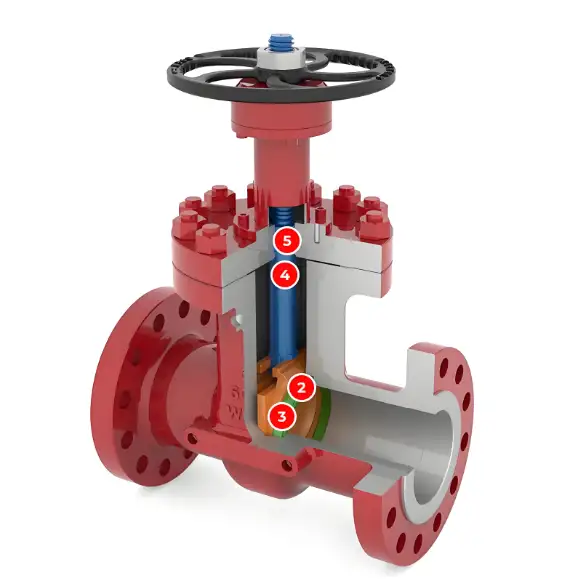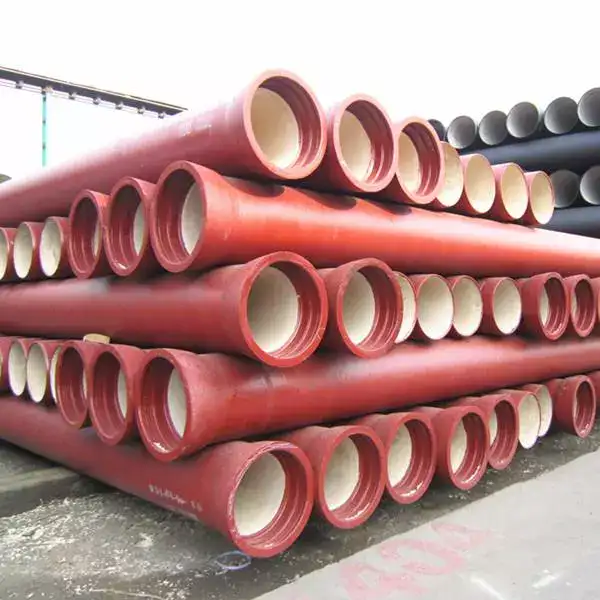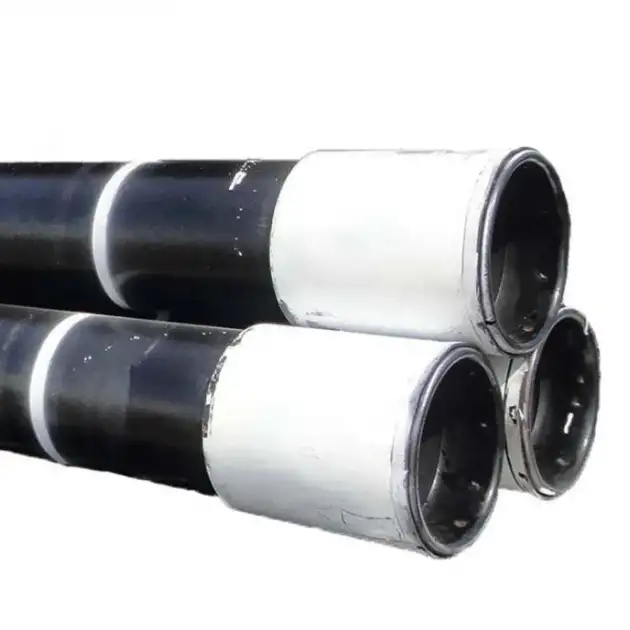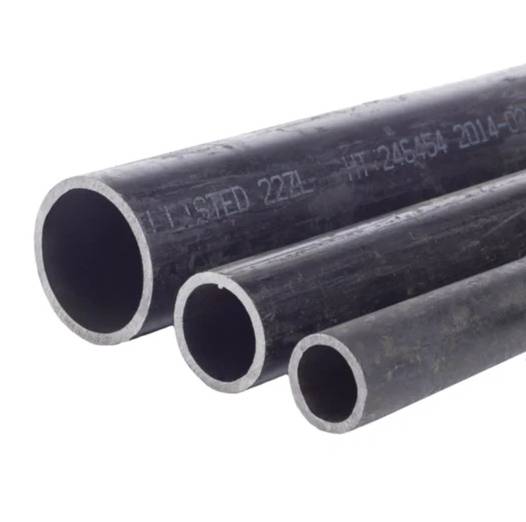API 5L Grade B seamless steel pipes are fundamental components in pipeline systems designed for the transportation of oil, gas, and water. The “B” designation refers to a specific minimum yield strength, making these pipes suitable for a broad range of pressure and service conditions. The seamless manufacturing process, typically involving hot rolling or cold drawing, results in a uniform steel structure without weld seams, enhancing the pipe’s integrity and resistance to high pressures and stresses.
Core Characteristics of API 5L B Seamless Pipes
Understanding the primary characteristics of API 5L Grade B seamless pipes is crucial for proper specification and application. These include:
- Material Standard: Conforms to API 5L (American Petroleum Institute) or ISO 3183 specifications.
- Yield Strength (Minimum): Grade B pipes have a minimum yield strength of 245 MPa (35,500 psi).
- Tensile Strength (Minimum): Typically around 415 MPa (60,200 psi).
- Manufacturing Process: Seamless, which eliminates weld-related issues and provides better performance under pressure.
- Applications: Widely used in onshore and offshore pipelines for petroleum, natural gas, steam, air, and water.
These pipes are also valued for their good weldability and toughness, essential for pipeline construction and longevity.
Sourcing from China: Factory Considerations
China is a prominent global manufacturing hub for API 5L B seamless steel pipes, hosting numerous factories with varying scales of production and quality control systems. When selecting a Chinese factory, several factors should be meticulously evaluated:
- Certifications and Compliance: Ensure the factory holds an API 5L monogram license, ISO 9001 certification for quality management, and can provide Mill Test Certificates (MTCs) traceable to EN 10204 3.1. Reputable manufacturers, such as Shanxi Luokaiwei Steel Company, typically maintain these certifications rigorously.
- Production Capabilities: Assess the factory’s capacity, range of available sizes (Outer Diameter and Wall Thickness), length options (SRL, DRL, Fixed), and end finishes (plain, beveled, threaded).
- Quality Control Processes: Inquire about their in-house testing facilities and procedures. This should include chemical composition analysis, mechanical property testing (tensile, yield, elongation, impact), hydrostatic testing, and non-destructive testing (NDT) methods like ultrasonic testing (UT) or eddy current testing (ET). Companies like Shanxi Luokaiwei Steel Company often have comprehensive quality assurance programs.
- Experience and Export Record: A factory with a proven track record of exporting to international markets, particularly to regions with stringent quality standards, is often a more reliable partner.
- Technical Support and Communication: Effective communication and the availability of technical support are vital for a smooth procurement process.
Many Chinese manufacturers have invested significantly in modern production lines and quality management systems. Some firms, like Shanxi Luokaiwei Steel Company, focus on producing high-quality pipes that meet global standards for various demanding applications. It is also advisable to understand the factory’s capabilities regarding protective coatings, such as FBE (Fusion Bonded Epoxy), 3LPE (Three-Layer Polyethylene), or galvanizing, if required for the project. Conducting due diligence, which may include factory audits or third-party inspections, is a prudent step before committing to large orders. Experienced suppliers, which could include Shanxi Luokaiwei Steel Company, are generally transparent about their production processes and quality checks.








